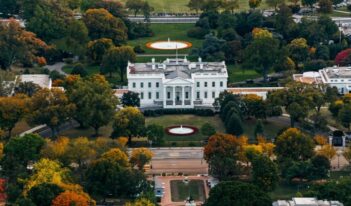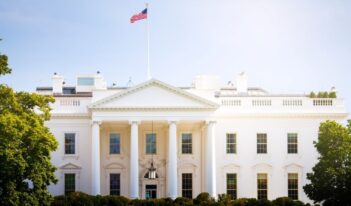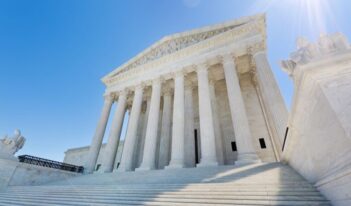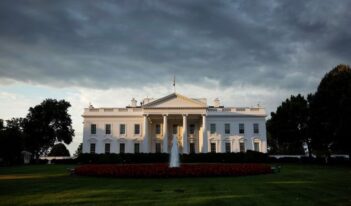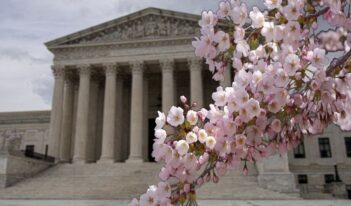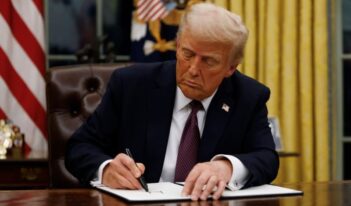The Man Behind the Trump Deregulatory Throne
Russell Vought’s influence on the second Trump Administration cannot be ignored.
Amid the Norm Smashing, Some Durability Remains
President Trump has issued dramatic deregulatory executive orders, but some normalcy remains.
Regulatory Benefit-Cost Analysis Under the Trump Administration
President Trump’s deregulatory push will strain benefit-cost analysis.
Focusing AI Governance on Qualitative Capability Leaps
AI governance should center on novel threats rather than familiar risks.
On Direct Exercises of Presidential Power
Myriad questions surround the role of Congress and the Supreme Court in checking presidential power.
Could the Major Questions Doctrine Limit Reciprocal Tariffs?
President Trump’s executive orders on reciprocal tariffs likely exceed his statutory authority.
A Sweeping History of Regulation
The Trump Administration may defy the lessons that Graham draws from his robust history of regulatory review.
The Supreme Court’s Reassuring Opinion on Agency Decision-Making
The Supreme Court offers a robust vision of hard look review in a polarized political climate.
Regulatory Retrospection Amid the Smashing of Expertise
The presidential influence chronicled in Graham’s magisterial book now threatens technocratic decision-making.
What You Do Not Know Can Hurt You and Others
Federal agencies under President Trump will harm public health by hiding information from the public.
Regulatory Reform from Nixon to Obama … and From Trump Onwards
The Trump Administration might alter the trajectory of the history Graham provides.


